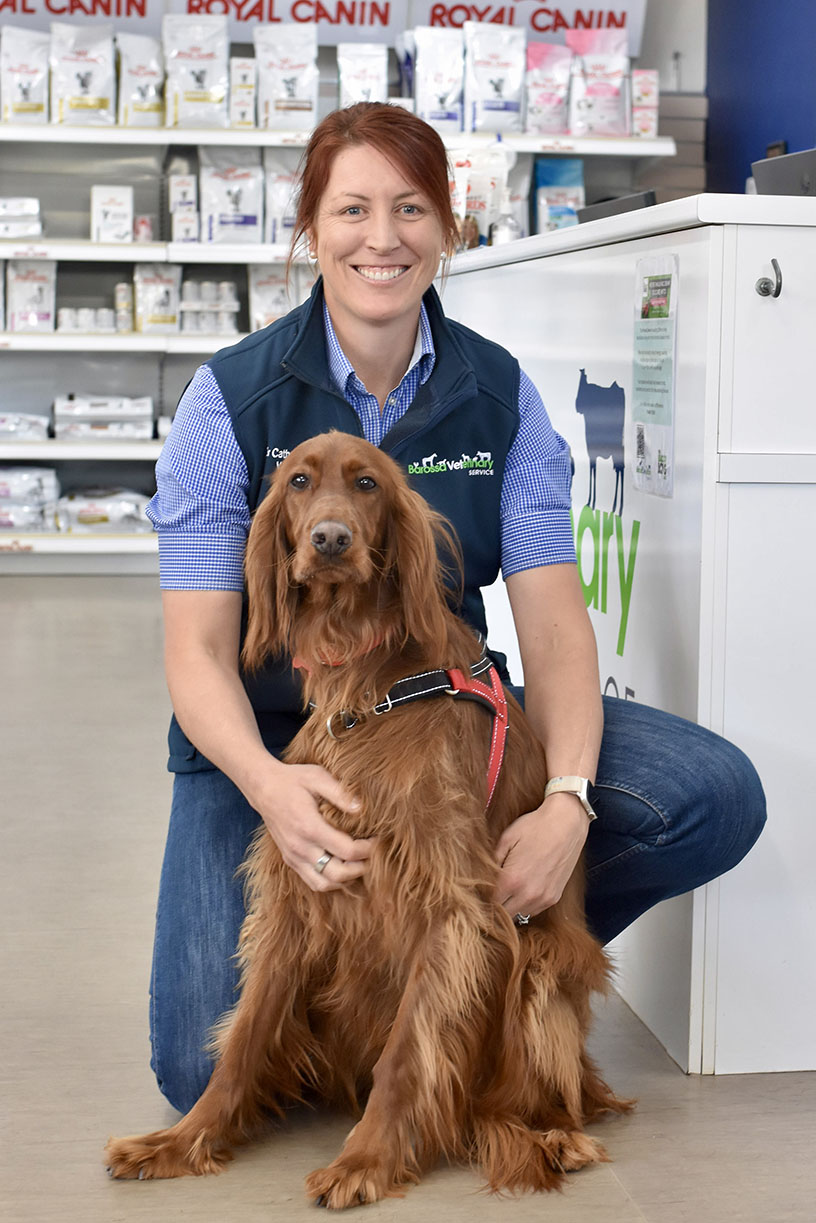pet advice
Dr Google – curse or blessing?
words by
catherine harper // Barossa Veterinary clinic

To Google is to be human….an interesting saying I recently heard. Humans are inquisitive and like to have answers, or at least to investigate what the answer might be. So naturally, if our four-legged friends are unwell, Google seems a logical place to turn.
It has endless pages of websites, chat groups, social media links and probably even a YouTube video on how to treat the lump, patch of hair loss or smelly breath. It’s a minefield really, but one that we can use collaboratively to the advantage of pet owner, vet and of course pet.
I would be lying if I said that as a vet, we always love the, ‘I found this on google’ statement; we will sometimes groan and inwardly roll our eyes….yet times are changing. As pet owners are more engaged with their pet’s health and wellbeing, they want to find answers, pose questions and ensure that treatment is rounded and thorough; this is an amazing thing!
What Google has done is support pet owners in their thirst for knowledge and understanding and this can also help us, the vets.
Having an informed and engaged owner makes a vet’s role easier and also provides us with the opportunity to be the source of information through our website .
Owners know their animal better than anyone and so by welcoming the research and thoughts as part of clinical history gathering, the vet can gain additional insights that can help progress a diagnosis.
So instead of an internal groan, when an owner walks in with pages of Google information or opens their phone and shares a resource, we thank them and use the resource, in combination with a complete physical exam and diagnostic testing, to create a tailored treatment plan.
Some tips for getting the most out of your Google search, as we know not all information shared on Google is reliable:
- Assess the source by looking at the credentials of the author or the references provided for the information.
- Generally, websites associated with professional services will be more reliable than those produced by the general pet care industry.
- Avoid chat group forums where personal opinion is the mainstay of information.
- Always use the information in combination with other sources or seek professional advice to confirm an appropriate course of action.
- Don’t delay assessment by a veterinary professional based on information provided online, as with many conditions, time can be important in getting pets better quickly!




